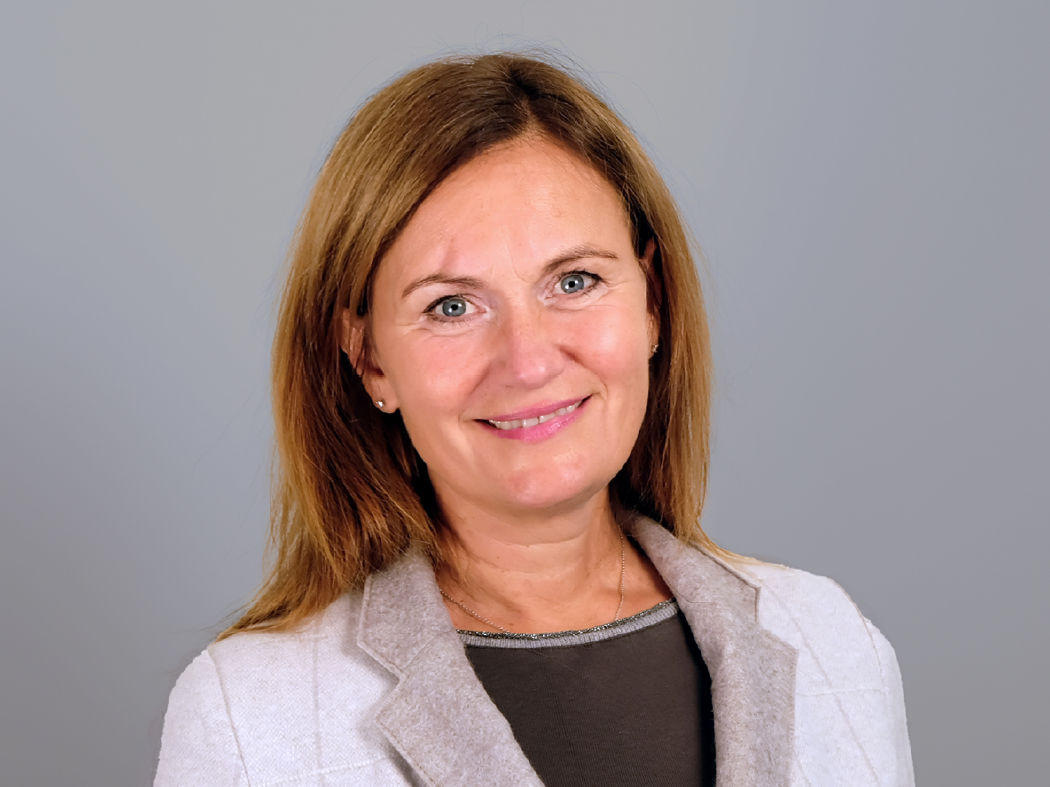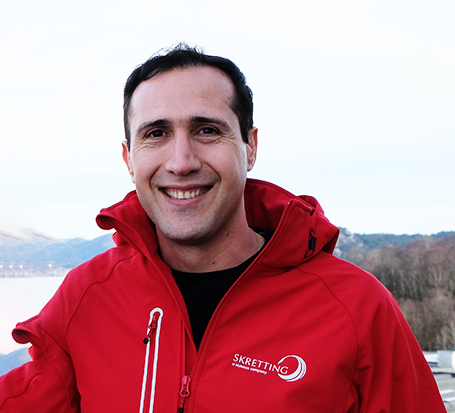Most importantly, we emphasise the power of collaboration and emphasise that, if we want to drive transformative change for our industry, we need to work more closely with our customers, suppliers, NGOs, certification bodies and all other relevant stakeholders we interact with. in the value chain.
As such, our sustainability story cannot be written from our own perspective alone. That's why for this report we invited a group of key stakeholders to share their views on a host of important issues, including transparency, marine ingredients and soy sourcing, certification, and environmental, social, and governance risks.
We have to keep learning and do more, better and faster.

We are proud of what we have achieved so far, but developments in the industry and in the rest of the world are changing rapidly, with COVID-19 still affecting us all along with logistics issues, rising inflation and the war in Ukraine, as well as the increase in demands. of consumers with regard to knowing more about the food they eat, we are fully aware that we must continue to learn and do more, do it better and faster.
Our company's purpose of "Feeding the Future" is something we take very seriously. Together with our customers, suppliers and other stakeholders, our food contributes to the production of more than 21 million seafood meals per day worldwide. This is a huge responsibility and we are determined to be accountable for everything we do.
The content and stories in this report are the result of the collective work and efforts of my more than 3,200 Skretting colleagues around the world. Each of us is committed to creating an even more sustainable aquaculture industry.

Following
Food systems and planetary challenges
For food systems and planetary challenges to be sustainable, they must be developed in a way that generates simultaneous positive value in the economic, social and environmental dimensions. Food systems around the world are therefore expected to meet this "triple challenge".
